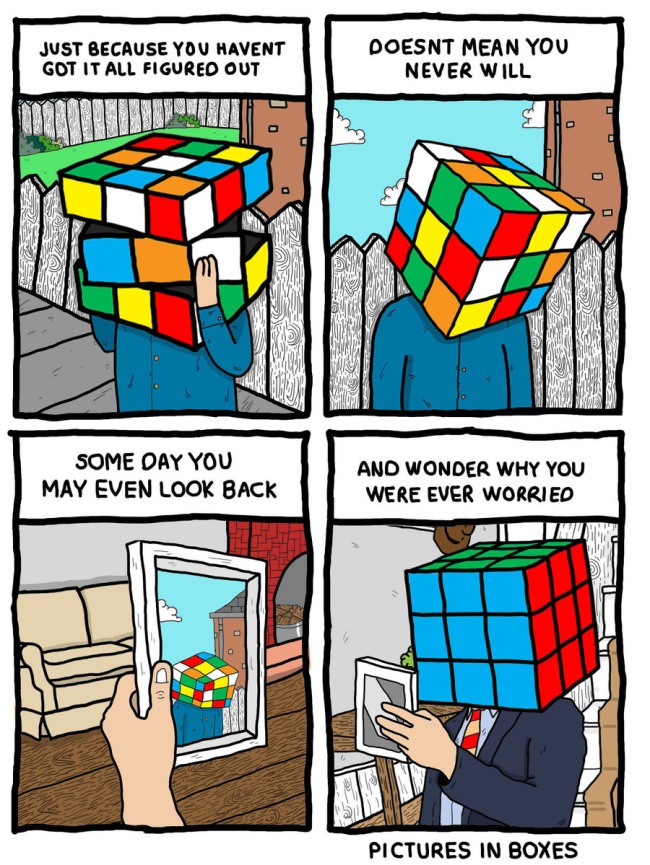When I was young I observed that nine out of ten things I did were failures, so I did ten times more work.
George Bernard Shaw
After well over a year of trying to find a part-time job that will fit around my university course I have now found one, at last!
This will be a very interesting experience for me because it will be the first job I have had where I will be disclosing my diagnosis of Asperger Syndrome. I don’t normally find it too difficult to disclose to people I haven’t met before, however I did know a couple of my co-workers when I was at school, so how they may react to my disclosure could be quite interesting as well. What I sometimes think of as a downside to a disclosure of an autistic spectrum condition is how to do it without focusing solely on what I can’t do or what I find difficult. I don’t want an employer to think that I’m a charity case to whom they are doing a big favour. I have given the go-ahead for my managers to share my disclosure with the staff, which I felt was best as, “Hello, I’m the new bloke, and I have an invisible condition/disability that might make me a bit strange to work with.” I feel, wouldn’t be the best of introductions.
It’s easy to be flippant about it all, but there were some very complex emotions going on when I started work. Firstly there was the sheer dread of having to meet lots of new people. When I didn’t know I had Asperger Syndrome, I had an excuse to get things wrong, now I am aware of how it affects me, and I have a responsibility to make sure I’m not too quiet, rude or pedantic. It’s not that I enjoyed being awkward to interact with before it’s just that a lot of the time interacting with people can be incredibly uncomfortable and tiring for me. That’s why I got a job in a kitchen, instead of facing the unpredictable public. I can rely on a jacket potato to just be brown and lumpy without try to second guess what it might do next.

I also have to fight off worries that this job will be like my last, where more and more pressure was put on me to the point where a part-time weekend job became a major burden. I feel that there might be a tendancy for people with ASCs to use memory to fill in the social imagination gaps when doing something new. Where there is a lot of uncertainty about a new job – or any other new experience – what comes naturally is to use data we already have and if that’s bad data from an unpleasant experience it can lead to a lot of anxiety. For example, my previous manager was always trying to get me to work more hours – maybe she thought it was a favour because of the extra money – to the point where I am now quite worried about my hours at my new job.
But there were good feelings too…
There are people out there who are willing to trust me. Ever since I was diagnosed I felt like I couldn’t be trusted with responsibility. I felt that if people knew I had Asperger Syndrome they would expect less of me, even for a job in a kitchen. But now I have been through a successful application where my employer had plenty of chances to say they didn’t want me they decided that I was exactly the person they were looking for. I’ll admit that requirements for kitchen staff are reasonably low as it’s hardly Wall Street, but at interview they got a flavour of who I am as a person and they decided they wanted all three courses. (That’s right, it’s a food joke because it’s a kitchen job – groan all you like) It’s good to feel more independent and to boost my opportunities to socialize with younger people as most of my colleagues are younger than me.
Most importantly of all, I have proved to my parents that I do want to work, and not stay at home where it’s safer away from human contact, and I have and will continue to prove to myself what I can achieve as a person with Asperger Syndrome. I must keep remembering that I am a person with a condition, not the other way around.









